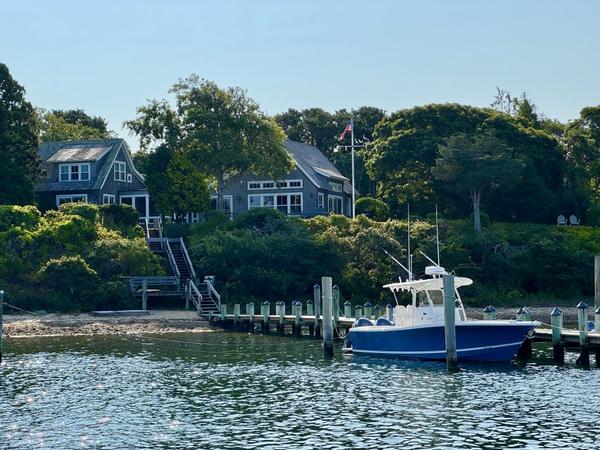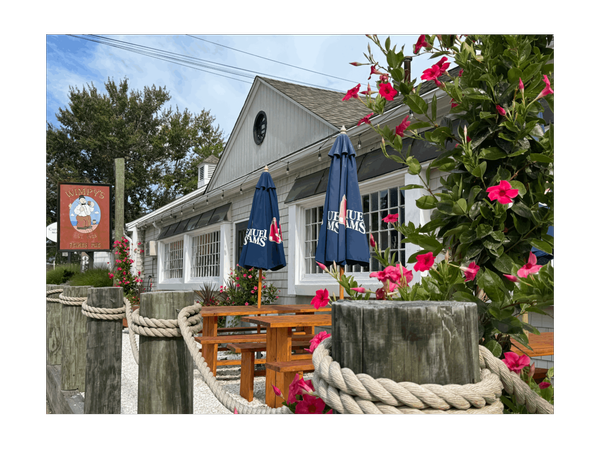Cape Cod Short-Term Rental Restrictions: Complete 2025 Guide
Cape Cod's short-term rental market has exploded in recent years—but with it comes a patchwork of regulations that every property owner must navigate. From state-mandated registration to local fees and inspection rules, success depends on understanding these rules inside and out. This guide provides everything you need to know to stay compliant and profitable in 2025.

What Counts as a Short-Term Rental?
In Massachusetts, a short-term rental is defined as any stay of 31 days or fewer. This includes weekend getaways, summer vacations, and even monthly Airbnb bookings. All short-term rentals are subject to state and local rules, taxes, and certifications.
Massachusetts State Requirements for Cape Cod Hosts
- Register for free with MassTaxConnect
- Get a certificate number for each property
- Collect required state/local taxes: up to 17.45% total in some towns
- Maintain $1 million liability insurance (unless platform provides)
- Comply with state fire, health, and safety codes
More details on registration can be found on the Mass DOR Short-Term Rental Guide.
Town-Level Regulations (2025)
Fees and requirements vary widely. For example:
- Provincetown: $750 registration + mandatory inspections + 3% community impact fee
- Truro: $450 seasonal permit
- Sandwich: $250 ($150 registration + $100 inspection)
- Barnstable: $90 annually per unit
Read more about Living in Barnstable, MA to understand how short-term rental rules affect homeowners there.
Recent Legal Developments
A June 2025 Land Court decision banned short-term rentals in Nantucket's historic residential zone unless the home is owner-occupied. While Nantucket isn't Cape Cod, this ruling could influence future zoning and legal changes on the Cape.
Compliance Tips for Cape Cod Hosts
- Register with the state before listing on Airbnb or VRBO
- Apply for local permits and inspections if required
- Work with towns with favorable regulations to minimize costs
- Hire local legal or insurance experts when in doubt
- Know the quiet hours, parking, trash, and guest limits in your town
Helpful Resources
- Massachusetts Title 5 Septic Regulations
- Chapter 91 Waterways Guidelines
- Massachusetts Housing Code Compliance
- Pros and Cons of Living on Cape Cod
- Retiring on Cape Cod
Conclusion
Cape Cod short-term rental regulations are evolving rapidly. Staying compliant requires more than just paying a fee—it demands awareness, documentation, and responsiveness. But for prepared property owners, the rewards remain strong. Stay proactive, stay informed, and stay in the game.
This article is for informational purposes only and does not constitute legal or tax advice. Always consult with a qualified professional before making rental decisions.
Ready to Take the Next Step?
Whether you’re narrowing neighborhoods or preparing to list, local insight can save you time, money, and stress.
Get local guidance before you start touring. Request a free 15‑minute Buyer Discovery Call to dial in neighborhoods, budget, and off‑market opportunities.
Request a free 15‑minute Seller Discovery Call
Categories
Recent Posts










GET MORE INFORMATION

